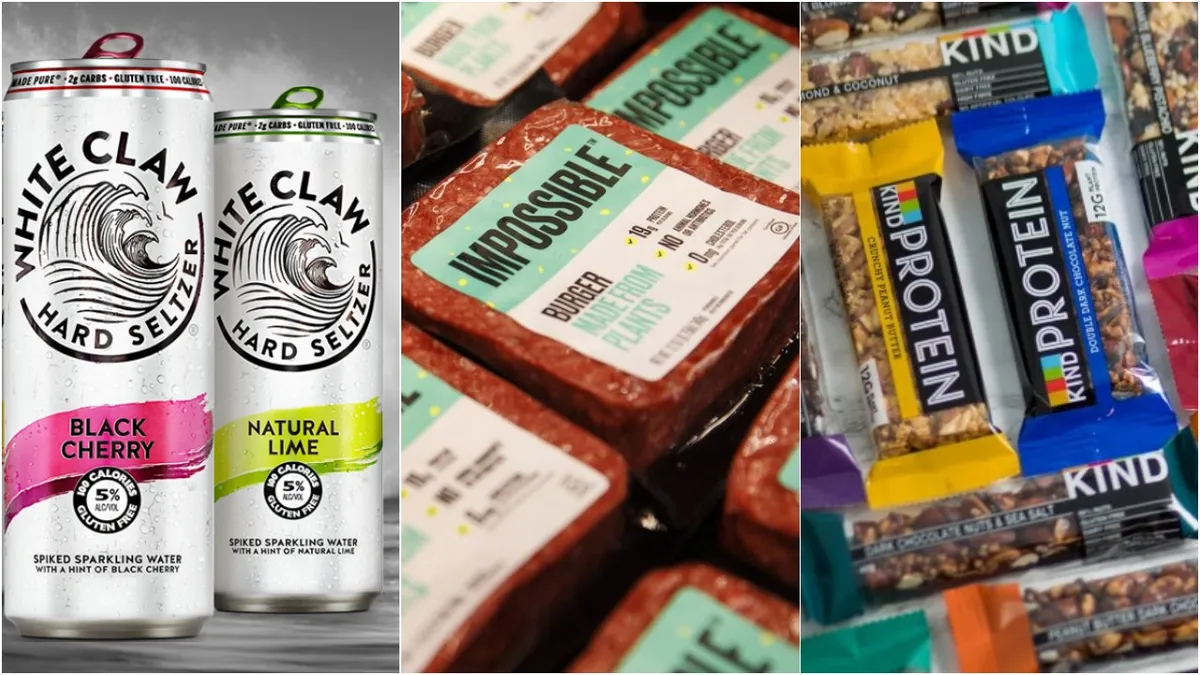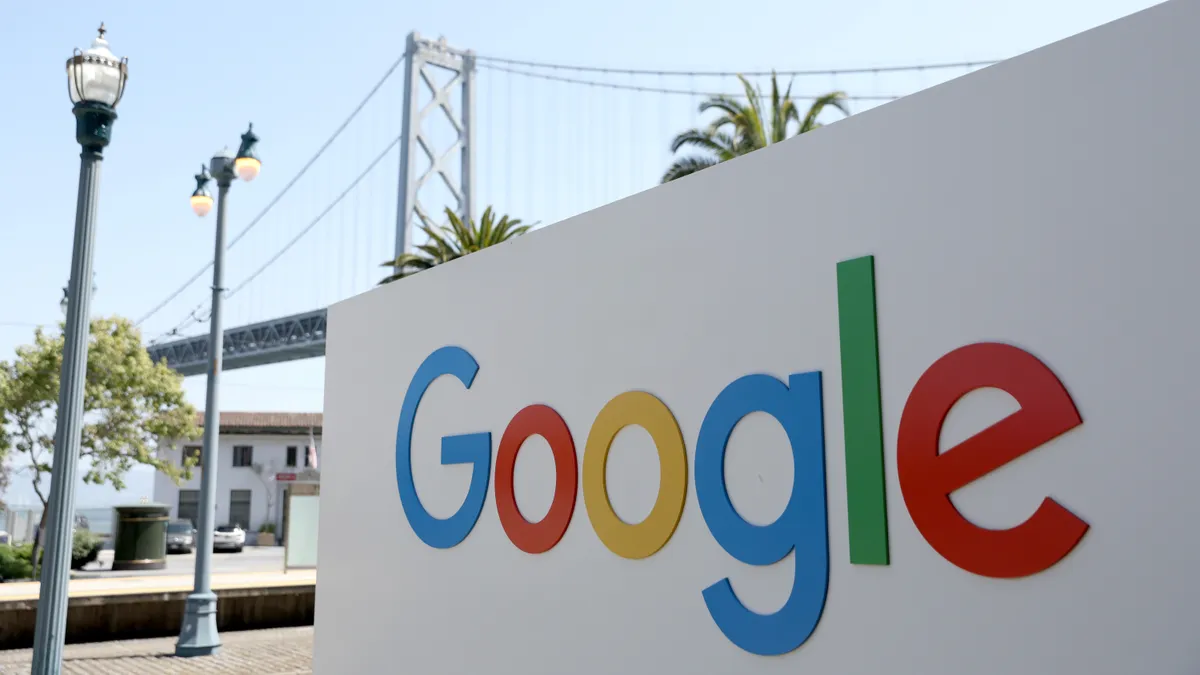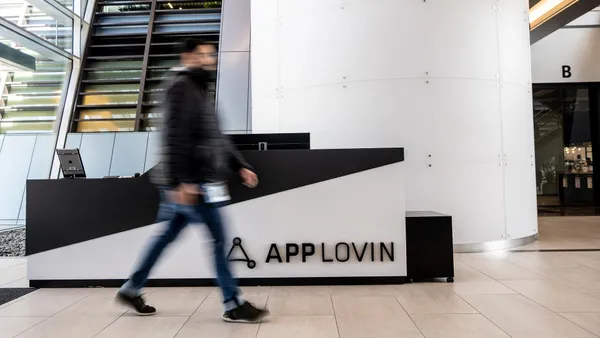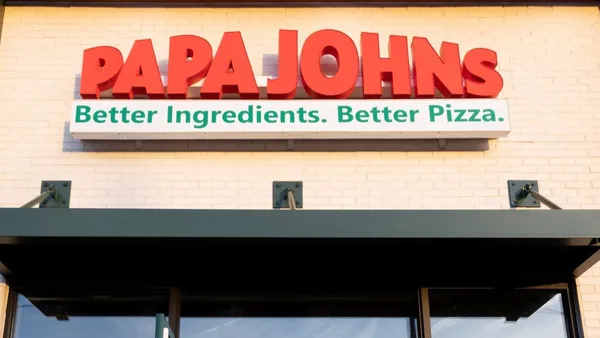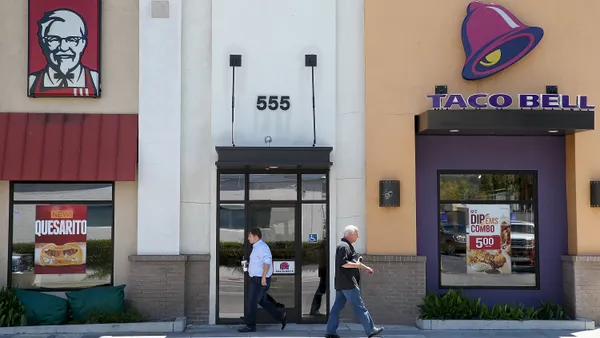Dive Brief:
- The food industry dominated Morning Consult's Fastest Growing Brands list for 2019. Of the top 20 spots, 11 were claimed by food brands and delivery services.
- White Claw was the second fastest growing brand, while Impossible Foods came in fourth and Kind Snacks ranked sixth. Nesquik, Trolli and 100 Grand came in at 16th, 17th and 18th, respectively.
- The ranking is determined by finding the growth in share of consumers who say they would consider purchasing a brand during the course of the year. There was an average of 11,684 surveys per brand.
Dive Insight:
As the food and beverage industry struggles to keep up with the ever-changing demands of consumers, CPG companies are increasingly chasing down hot categories and aiming for big brand growth. For trendy brands like White Claw and Impossible Foods, 2019 was a good year.
Hard seltzer became one of the top drinks of the summer, largely because of White Claw's successful branding. Sales of White Claw — the category leader with a 59% dollar market share — grew more than 265% this summer compared to the same period last year, according to IRI. The spiked seltzer line hits on a number of hot trends with its low-calorie offerings, varied flavor profile and slim can design. White Claw’s growth landed it at the very top of the growth list, only falling behind delivery service DoorDash.
Other beverage companies can learn from White Claw's success. It used social media to create a buzz and target consumers, and became especially popular among millennials. White Claw has already caused a shift in the beverage industry with companies including Constellation Brands and AB InBev launching their own hard seltzer drinks.
The popularity of plant-based meat is behind the rise of Impossible Foods, which landed at No. 4 on the list. The animal-free meat company had a big year with its previously restaurant-only products coming to grocery stores in September and a large funding boost of $300 million earlier this year.
All portions of the plant-based segment have seen exponential growth. Investment firm UBS projects the plant-based meat market will increase from $4.6 billion in 2018 to $85 billion in 2030. Big Food is following Impossible's lead, with brands including Nestlé and Tyson Foods producing more realistic plant-based meat alternatives.
Snack and candy brands also landed spots in the top 20. Kind Snacks, which came in sixth, has continued to bring attention to its brand with its crusade against added sugars. This spring, the brand launched a pop-up installation in New York and created a database to show how much of the sweetener its comptetitors use. At the same time, Kind has tailored its portfolio, cutting less successful brands like Fruit Bites while adding trendy frozen bars and acquiring better-for-you snack manufacturer Creative Snacks Co. Those moves helped the brand grow quickly, and become especially popular among baby boomers, according to Morning Consult.
Trolli, which is now owned by Ferrero Group, landed at No. 17 on the list. The candy gummy brand has focused on conversation-starting innovation this year with its sour candy corn and mystery flavors.
Candy bar 100 Grand, which is also owned by Ferrero, squeezed its way on the list, coming in at No. 18. Peter Goldman, head of seasonal and Brach’s at Ferrara, told Confectionery News that the company focused on brand growth and awareness for treat-or-treating this year, which could have helped to target its brand awareness at a time when candy is at its most popular.
And despite the struggles facing traditional dairy, Nesquik landed a spot on the list at No. 16. Nestlé's Nesquik could have seen a boost in its growth from its big sustainable packaging initiative this year, which more consumers are looking for. The company received a positive reaction from its launch of Nesquik All Natural in a new paper packaging material that is plastic-free and fully recyclable. Although the product launch was in Europe, the desire for companies to fulfill more sustainability promises and reduce single-use plastics seems to have resonated with consumers.
A solid marketing strategy, target audience and on-trend products or packages were key for these brands to land on this year's fastest-growing list. And the impact they made could turn these into some of the brands that other companies may be looking to acquire in the future.



